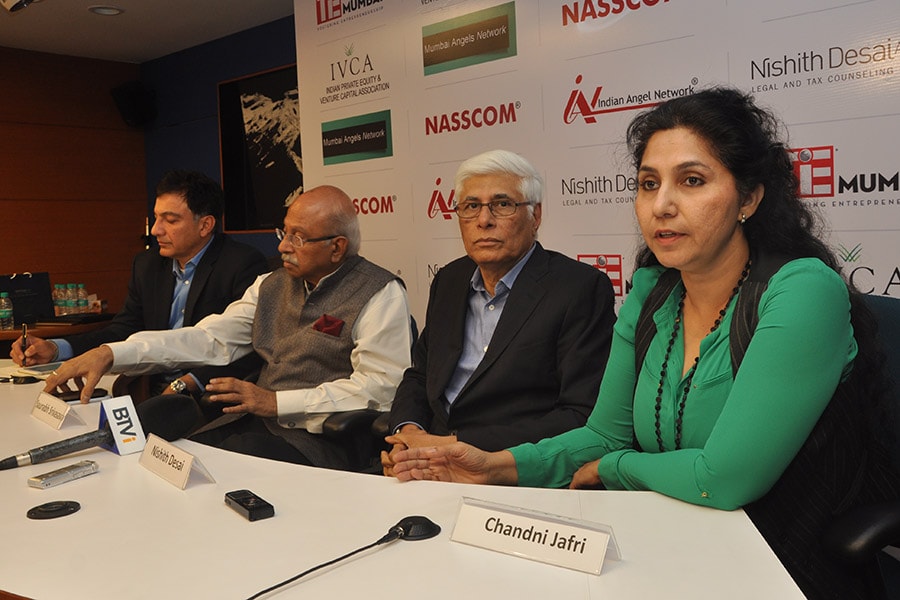
'For Rs100 crore, you are completely messing up the entrepreneurial ecosystem'
Industry bodies including Nasscom and TiE form 'coalition' to draw attention to difficulties that Indian startups face

(Image for illustrative purposes only)
In a first move of its kind, industry bodies that track the entrepreneurial ecosystem have come together to form a ‘startup coalition’. The Indus Entrepreneurs (TiE), Nasscom, the Indian Angel Network (IAN), the Mumbai Angels and the Indian Venture Capital Association (IVCA) have joined forces to draw attention to the troubles that ail Indian startups, as well as encourage a more startup friendly business environment.
The announcement, made during a press conference in Mumbai on Wednesday, is timely.
Prime Minister Narendra Modi’s flagship Startup India initiative marked its first anniversary a few days ago, but there was little reason to cheer. The number of startups founded in 2016 slumped by 67 percent over the previous year, in stark contrast to the 87 percent rise seen in 2015, according to data analytics company Tracxn Technologies. This aside, over the last month several startups have received notices from the Income Tax department seeking to levy a 33 percent tax on the premium paid by angel or venture capital investors while funding startups.
“It is sad to see the startup ecosystem go down after all the buzz that was created around Startup India,” lamented Nishith Desai, lawyer and TiE Mumbai board member, referring to Section 56 of the Income Tax Act, 1961, basis which the notices were sent to startups.
Intended to curb the laundering of black money, the section states that any “excess consideration” paid by investors for shares in a private Indian company, will be deemed as “income from other sources” in the hands of the company and taxed at a hefty 33 percent. So say a startup is valued at Rs.100 per share in its first round of funding. If in a subsequent round its valuation is marked down to Rs.70 per share, the premium of Rs.30 is regarded as “income from other sources” and is therefore taxable. Unless the premium paid can be justified by a proper valuation mechanism. But herein lies another grey area: Angel investments are usually made on the strength of an idea and the promise that a startup presents, rather than any hard financial metrics. Moreover, investments by SEBI-registered funds are exempt from this rule, thereby primarily hitting angel and early seed investments.
“Total angel investing in India is about Rs.500-600 crore in India. Let’s assume half of that is above fair market value, so say Rs.300 crore. If you tax that at 30 percent, you will get Rs.100 crore. For Rs.100 crore you are completely messing up the entrepreneurial ecosystem,” stressed Saurabh Srivastava, co-founder, IAN and former chairman, Nasscom. Investor confidence will be hit leading to lower fund flows to startups, which in turn will hamper innovation, reduce job production and affect India’s long-term prospects. According to the ‘startup coalition’, there should be a “carve out” for angel groups under Section 56, so that genuine angel investment is recognized and startups are not penalized for receiving legitimate investments.
On the investor front, Section 68 of the IT Act which empowers tax authorities to question the source of funds in the event an investment exceeds a certain limit, was also flagged as an area that needed to be resolved. “Angel investors can do other things with their money. It is the startups that will lose money,” pointed out Srivastava.
X





